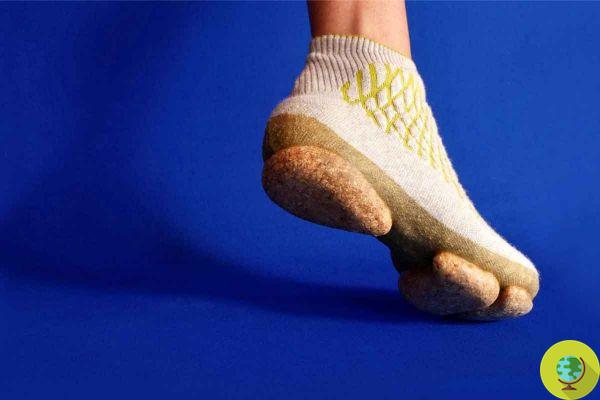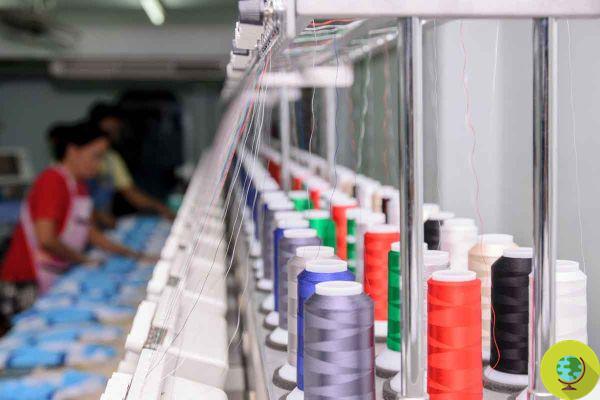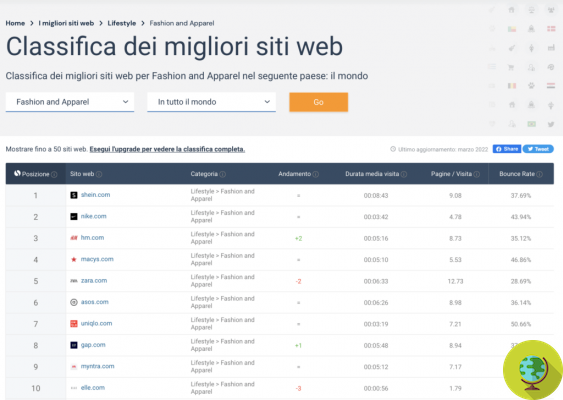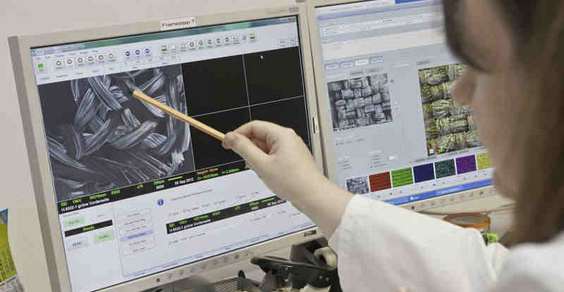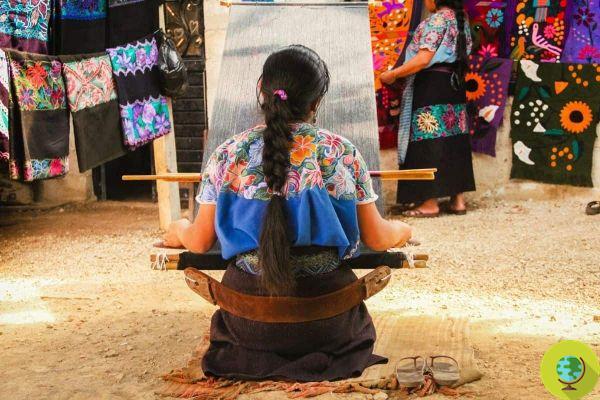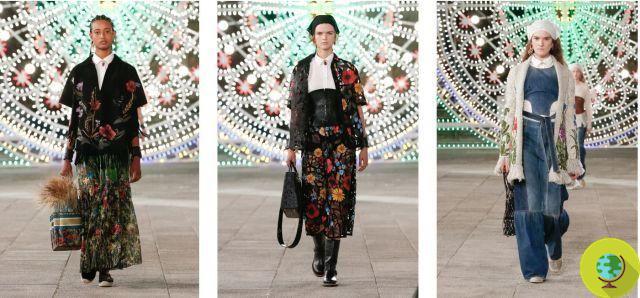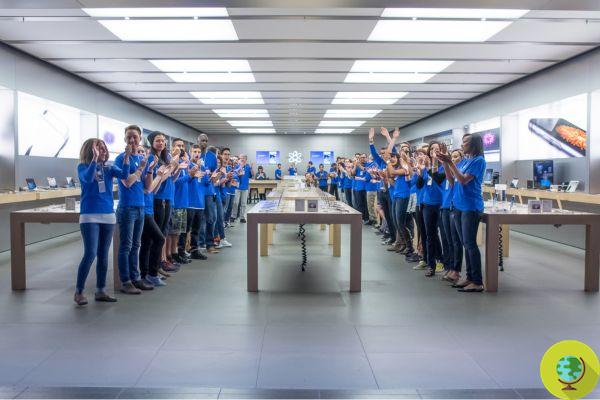
Apple allegedly encouraged forced labor by purchasing cotton from Xinijaing, at least in the past
Don't store avocado like this: it's dangerousA heavy accusation against Apple comes from an investigation by The Guardian newspaper. The company allegedly bought clothes for its employees from a US-sanctioned Chinese supplier for using forced labor.
According to shipping records, Apple has encouraged forced labor by buying clothes, probably uniforms for the staff of its stores, from a Xinijaing firm, an autonomous territory in Northwest China.
The company in question, the Changji Esquel Textile, a unit of Hong Kong's Esquel clothing group, was sanctioned by the US, along with 10 other Chinese companies, for violating human rights and using forced labor.
In the Xinijaing territories, unfortunately, the persecution of the Chinese authorities against minorities, mostly Muslim, includes forced labor.
A month before the sanctions were announced, Esquel had sent a shipment of women's cotton and elastane knit shirts to "Apple Retail stores" in California. Proof of this is the database maintained by the global shipping information provider Panjiva.
Until recently, however, Esquel's website listed Apple as an "important customer" according to the Australian Strategic Policy Institute (ASPI), which produced a specific study on forced labor in Xinjiang.
For example, the relationship between Apple and Esquel took place in 2014 when the two companies decided to produce more eco-sustainable uniforms by choosing to make them from recycled cotton.
But the Chinese company has not limited itself to supplying only Apple, it has also sold its products to other well-known US companies including Patagonia, Nike and Tommy Hilfiger.
These and many other details are leaked from an article in The Guardian a few days after the statement of the Apple CEO Tim Cook, that defined forced labor as "abominable" and made it known that the company would not tolerate any kind of modern slavery in the company's supply chains.
An Apple spokesperson quickly stated that, currently, no supplier buys cotton from Xinjiang. Instead, it is not known what has been done in the past.
The company itself involved in the forced labor scandal intervened to ensure that there is nothing true in the accusation made against it:
"We do not and will never use forced labor anywhere in our company," said Esquel, stressing that an appeal will be filed against its inclusion in the list of sanctioned companies.
The situation of forced labor in this part of China is very serious. As he stated James Millward, a history professor at Georgetown University in Washington DC and author of "Eurasian Crossroads: A History of Xinjiang", the economy of the entire region has been tainted by the policies of the Chinese Communist Party, with at least 1 million people detained in internment camps, many forced into forced labor.
"It is such a deeply entrenched and widely entangled system of oppression that it has involved hundreds of companies in China and outside of China."
And the problem is that, even though companies' plants may be certified as "clean" for forced labor, they often have abuses or authorizations from the local government they do business with.
Too easy for Apple to say: "I don't do business in Xinjiang", so I don't favor forced labor. The situation is much more complicated and complex, in the textile industry the steps are many and difficult to reconstruct.
“You have to see if any of the companies you are dealing with have relations with Xinjiang. And maybe you find two or three steps removed because that's what the textile industry does. They range from fiber to filament, to fabric, to clothing, and it is very difficult to trace all this along the way "concluded Professor Millward.
It is not the first time that Apple has been involved in some way in the violation of human rights. Last year we told you about the children exploited in the mines and the class action brought forward by their families to get justice.
Bloody cobalt: children buried alive or paralyzed, class action against Apple, Google, Microsoft and Tesla
Source: The Guardian
Read also:
- The horror behind the extensions: human hair of Chinese camp prisoners, forced into forced labor
- The pandemic exacerbates the plight of exploited workers in low-cost fashion factories
- From Armani to Benetton: all the European fashion giants who exploit workers in Romania





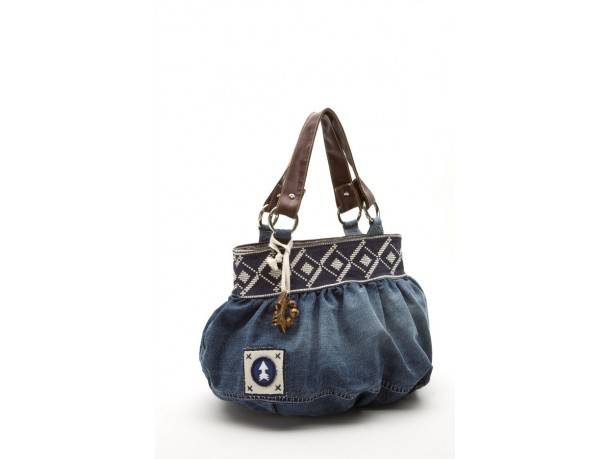

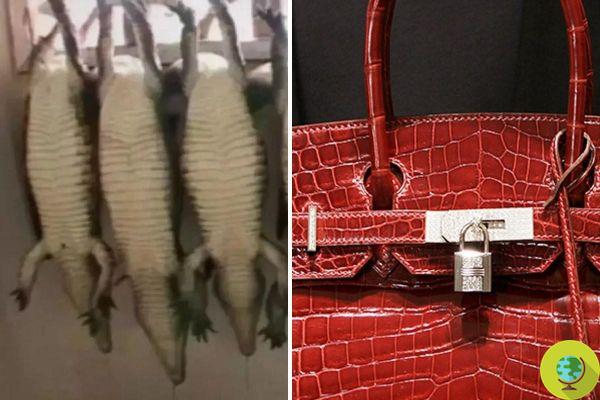
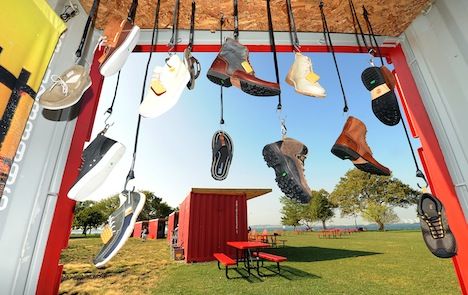

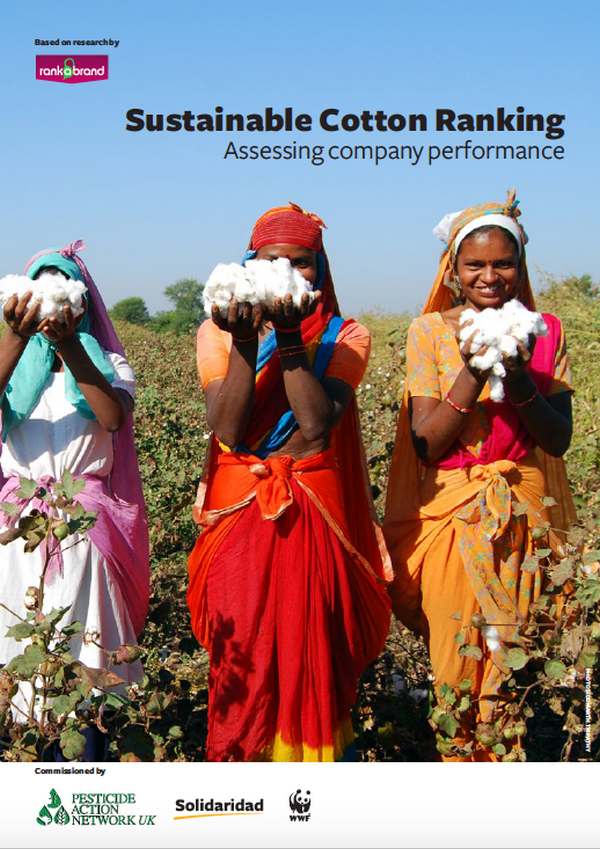
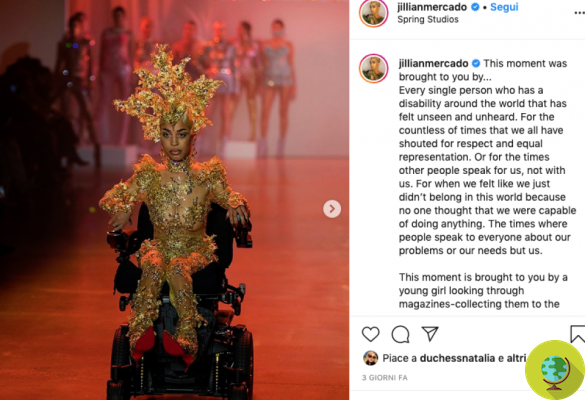
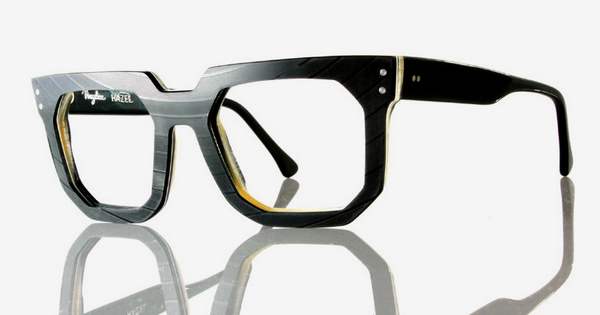
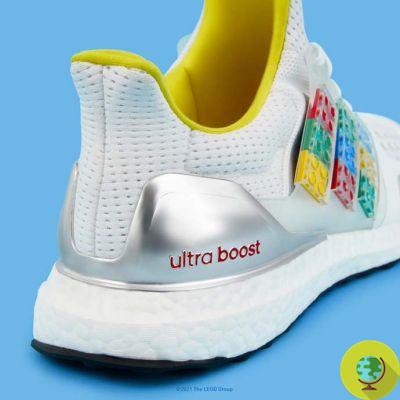

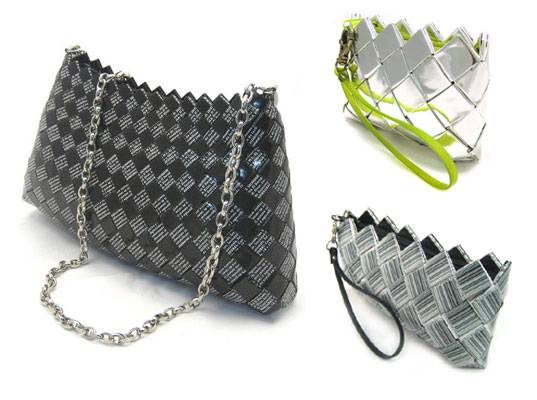
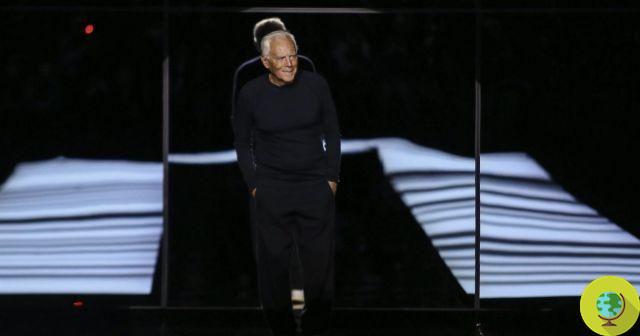

![Vivienne Westwood has a message for all the powerful ahead of COP26 [VIDEO]](/images/posts/221fa8f5dd2d21a4210e6b9071546b56-0.jpg)
